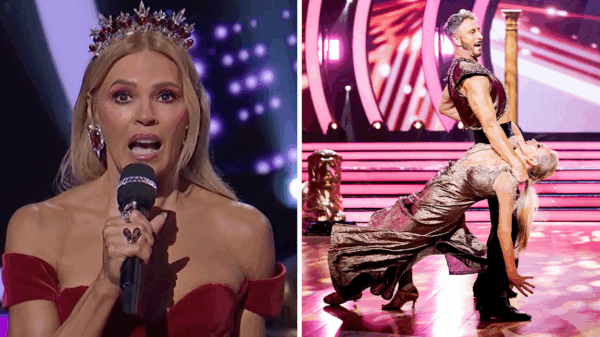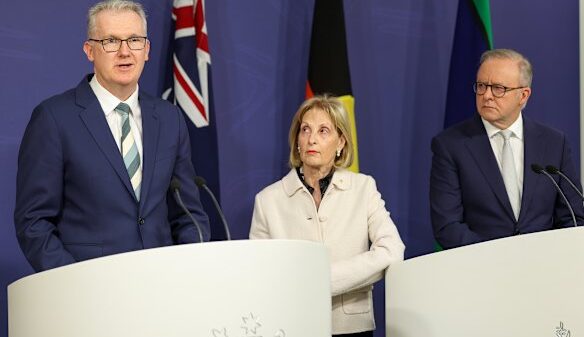Kathleen Folbigg has been offered $2 million by the New South Wales (NSW) government for her wrongful imprisonment, raising significant concerns about transparency in the compensation process. Folbigg spent nearly 20 years in prison for the deaths of her four children, but her convictions were overturned in June 2023 following new scientific evidence that cast doubt on her guilt.
Despite widespread criticism regarding the amount of compensation, Premier Chris Minns has stated that Folbigg must pursue legal action to seek a higher sum, indicating a reluctance to reconsider the offer. High-profile lawyer Sam Tierney, who previously represented another wrongfully convicted individual, criticized the offer as insufficient for the years Folbigg spent incarcerated. He emphasized that the lack of transparency surrounding the compensation process undermines the principles of open justice.
Strong calls for reform have emerged, with Tierney suggesting that the government should empower courts to review compensation decisions. He remarked, “It seems only fair and reasonable and sensible that the decision maker would issue reasons explaining why they arrived at a particular figure.” He argued that the current ex gratia payment system, which is determined by state cabinets, lacks the accountability present in court-run compensation claims.
The Attorney-General’s office of New South Wales, led by Michael Daley, declined to comment on whether the government would release detailed reasons for the compensation offer. Tierney noted that without such information, challenging the decision becomes exceedingly difficult. He pointed out that the $2 million offer represents a mere 0.0015 percent of the NSW annual budget of $128 billion, raising questions about its adequacy.
Opposition Leader Mark Speakman has described the government’s compensation offer as unfair, emphasizing the need for empathy towards Folbigg, whose wrongful conviction has caused immense suffering. He stated, “Her conviction was wrongful. She suffered enormously.”
Folbigg’s solicitor, Rhanee Rego, previously characterized the payment as a “moral affront,” echoing sentiments of disappointment expressed by various advocates. Greens MP Sue Higginson condemned the offer as “an absolute slap in the face,” further highlighting the dissatisfaction surrounding the compensation process.
The case of Kathleen Folbigg is part of a broader discussion about wrongful convictions in Australia. Other notable cases include individuals like Darryl Beamish, John Button, and Lindy Chamberlain, who received varying amounts of compensation after long periods of wrongful imprisonment. Beamish, for example, received $425,000 after his conviction was overturned in 2005, while Chamberlain was awarded $1.3 million in 1992 after her wrongful conviction for murder.
The controversy surrounding Folbigg’s compensation highlights a critical need for reform in how compensation for wrongful imprisonment is handled in Australia. Advocates are calling for greater transparency and accountability in the system to ensure that victims of wrongful convictions receive fair treatment and adequate compensation for their suffering. As the situation develops, many are watching closely to see how the government will respond to the mounting criticism and calls for change.



































































